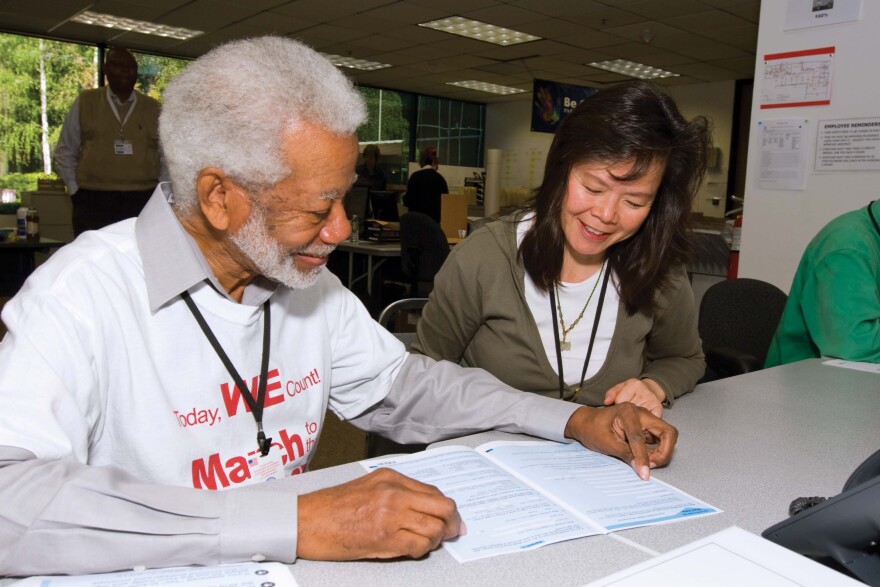The U.S. Supreme Court on Thursday, June 27, rejected the Trump administrationŌĆÖs attempt to add a . New Mexico advocates are relieved by the decision but say there will still be plenty of hurdles to getting an accurate picture of whoŌĆÖs in the state.
The census is about more than just counting who lives where, said Isaac De Luna from the . It factors into how much sway the state has in Congress. It also sets up how much federal money comes in for food and medical benefit programs that many people here rely on, De Luna saidŌĆöplus things like schools, libraries, hospitals and road maintenance.
"This is an opportunity for communities of color to raise their voice, to let the federal government know what are the needs of their communities," he said. "Every time someone does not get counted, weŌĆÖre talking about over a 10 year period, we lose actually $30,000 per every person that does not get counted."
But, De Luna said, itŌĆÖs already hard to convince people in New MexicoŌĆöwho may live rurally, or who may have historic distrust for the federal governmentŌĆöto participate in the Census. The citizenship question would have amplified that feeling, he said, resulting in an undercount of our population.
The Center for Civic Policy is teaming up with other organizations to reach out to hard-to-count communities, including Hispanic families, immigrants, Native Americans and other people of color, to convince them that participating in the 2020 Census matters.




